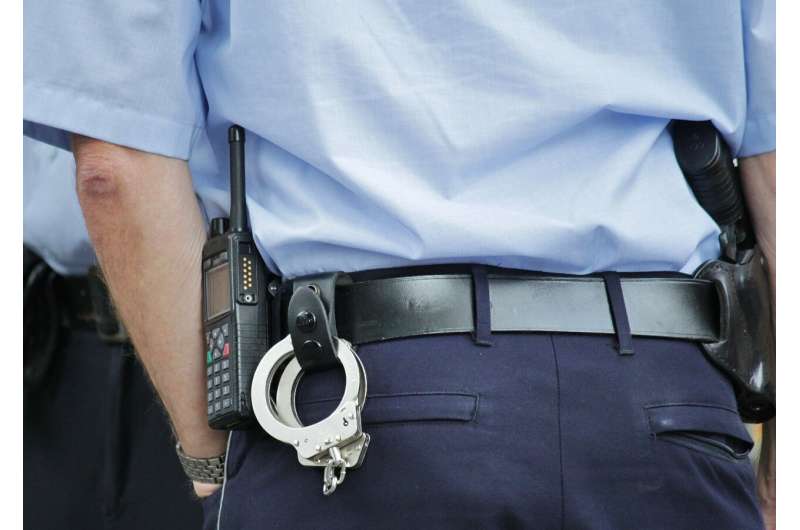Weak police, strong democracy: civic ritual and performative peace in contemporary Taiwan

It is conventional to believe that the police role in society centers on violence. A forthcoming article in the December issue of Current Anthropology explores that belief and shows how the weakness of police power can be treated as an index for the strength of democratic values institutionalized in the wider political environment.
In "Weak Police, Strong Democracy: Civic Ritual and Performative Peace in Contemporary Taiwan," Jeffrey Martin argues that, in a democratic society, the police role should be defined by their capacity to resolve problems without violence.
As an example of what this actually looks like, the author presents an ethnographic study of policing in Taiwan, centering on the relationship between neighborhood police and a locally powerful union. His focal question is: How do police who lack the capacity to impose order by force effectively keep the peace?
The author proposes a normative ideal of "weak policing" as the democratic midpoint between the excesses of violent control and the deficiency of uncontrolled violence.
More information: Jeffrey T. Martin. Weak Police, Strong Democracy, Current Anthropology (2020). DOI: 10.1086/711997
Journal information: Current Anthropology
Provided by University of Chicago





















